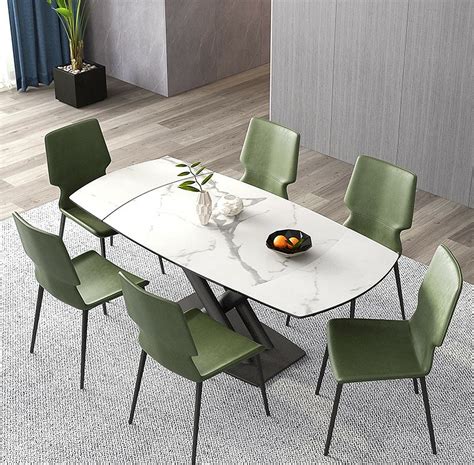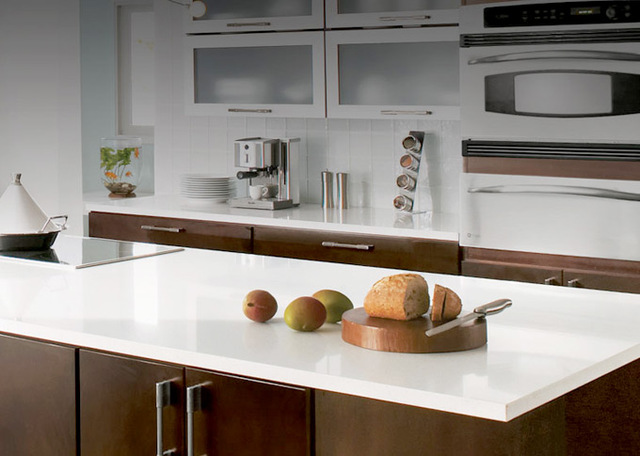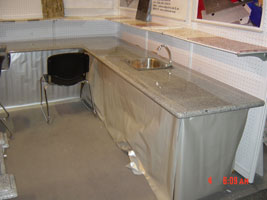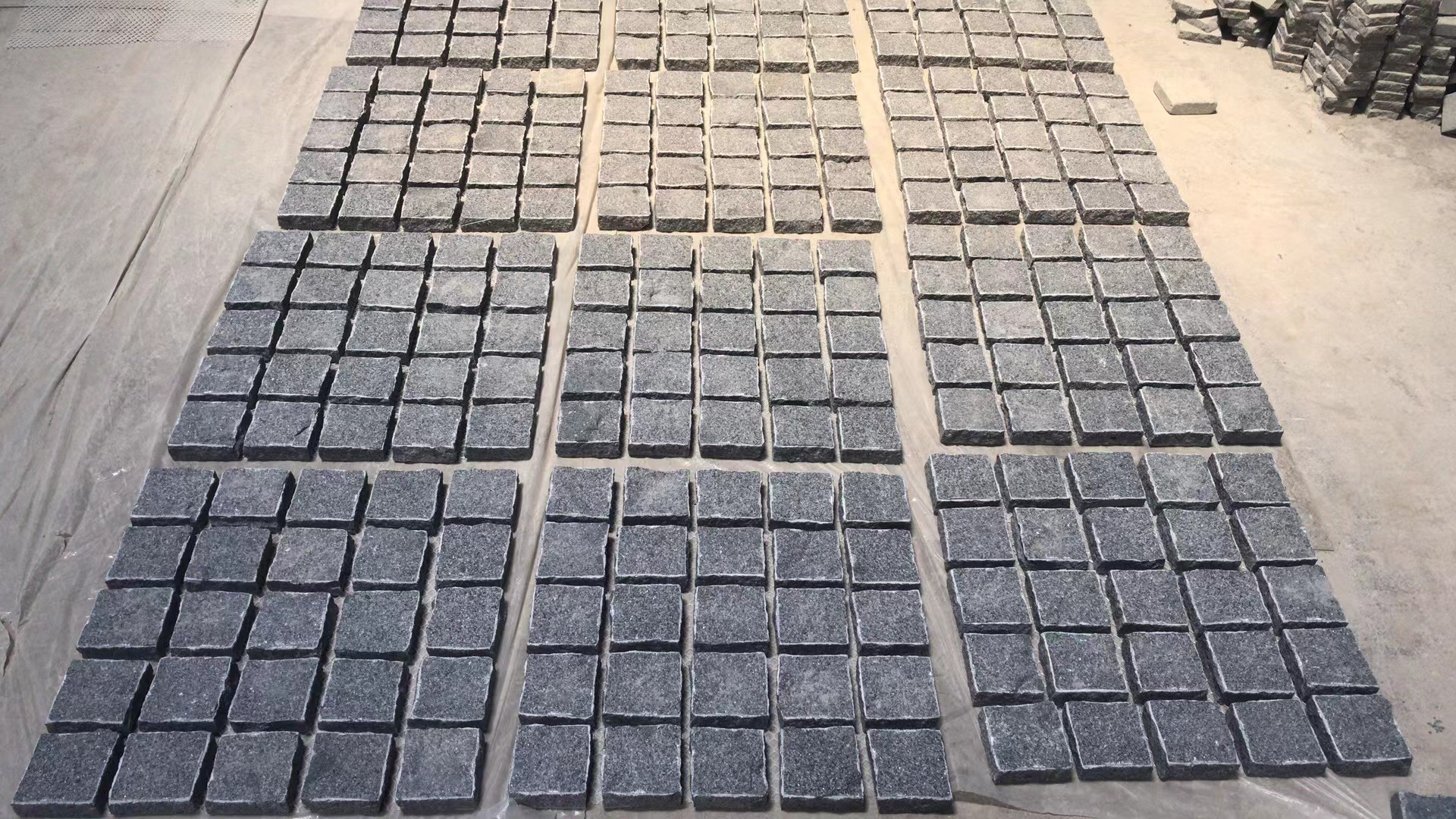Why can’t quartz stone be glued with cement?
As a new type of healthy and environmentally friendly product in line with the national sustainable development strategy, quartz stone was introduced into the Chinese market in the 1980s. With the continuous enhancement of the production capacity and research and development capabilities of my country’s quartz stone manufacturers, artificial quartz stone is more and more widely used in the field of decorative stone. And is widely used in various indoor places.
Regarding the relevant standards for the use of quartz stone in the decorative field, the industry-standard formulated by the National Building Materials Testing Center —JG/T 463-2014 “Artificial Quartz Slabs for Building Decoration” has been approved and issued, and it has been released in 2015 It was formally implemented on May 1, 2015. This standard has a guiding role in regulating the quality of quartz stone products, regulating and guiding the correct application of quartz stone, and has issued relevant standards for the construction methods of quartz stone. Quartz stone construction standards are still relatively unfamiliar to many people. Today we will discuss why cement can not be used to glue quartz stone.
Most home decoration will use cement to paste floor tiles. Paste cement and quartz stone, and cement and quartz stone will separate after a period of time. The reason is that the internal texture of quartz stone and ceramic floor tiles is different. Because cement is weakly alkaline and can react with acid, it happens that the raw material of the quartz stone plate contains acidic resin. The alkali in the cement reacts with the acid in the resin. When paving, quick-drying neutral cement or special glue should be used to paste the quartz stone floor.
 Sintered stone
Sintered stone




